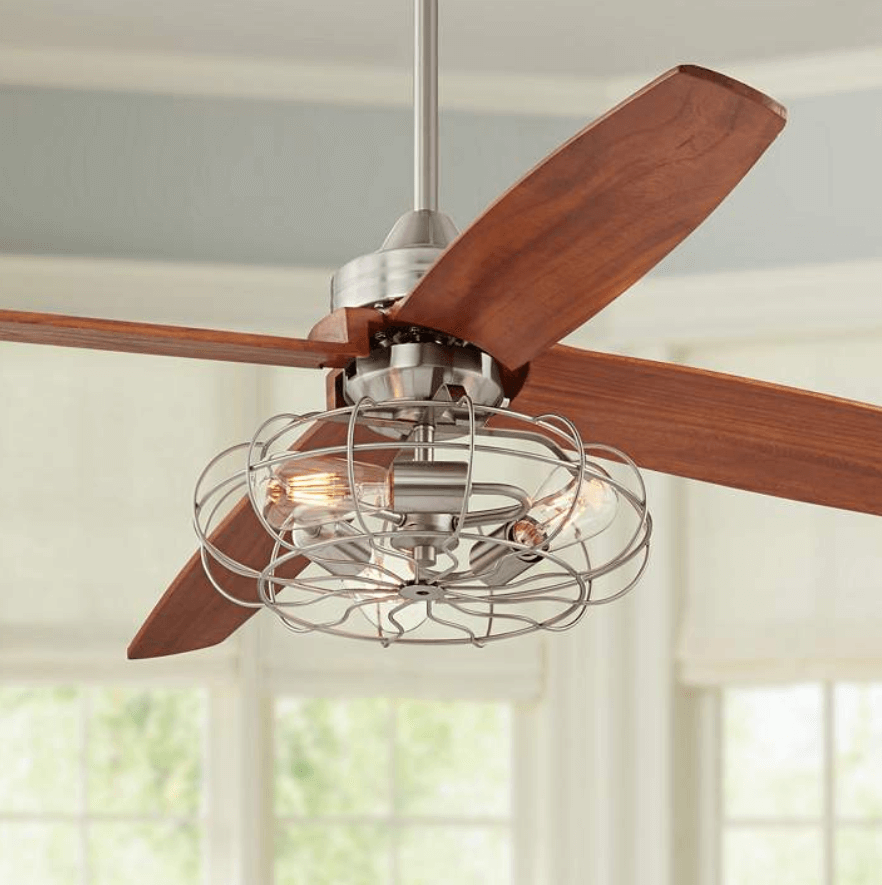Are you an aspiring chef or a food business owner in need of a professional kitchen space? Look no further! Renting a commercial kitchen can be the perfect solution for your culinary endeavors. In this article, we will explore the benefits of commercial kitchen for rent, the key considerations to keep in mind, and how it can contribute to the success of your food-related venture.
1. Introduction: The Need for a Commercial Kitchen for rent
For individuals and businesses in the food industry, having access to a well-equipped and professional kitchen space is essential. Whether you are a caterer, a food truck operator, or a startup restaurant, a commercial kitchen for rent provides you with the necessary infrastructure to prepare and serve your culinary creations. Renting a commercial kitchen offers numerous advantages over building or owning your own facility.
2. Advantages of Renting a Commercial Kitchen
Renting a commercial kitchen brings several benefits that can significantly impact your food business. Firstly, it eliminates the substantial upfront costs associated with building a new kitchen from scratch. Instead of investing in construction, equipment, and permits, you can allocate those resources towards enhancing your menu, marketing, and customer experience.
3. Finding the Right Commercial Kitchen for Rent
When searching for a commercial kitchen to rent, there are several factors to consider. Location plays a vital role, as you want to ensure convenient access for your staff, suppliers, and customers. Look for a space that is easily accessible and has adequate parking or delivery access.
The size of the kitchen is another crucial consideration. Evaluate your specific needs and determine the amount of space required for your operations. It’s essential to have sufficient room for food preparation, cooking, storage, and any additional requirements unique to your business.
4. Essential Equipment and Facilities
A fully functional commercial kitchen should include a range of equipment and facilities to support efficient operations. Some essential items to look for are:
- Commercial ovens and stovetops
- Refrigeration units and freezers
- Prep tables and workstations
- Dishwashing facilities
- Storage areas for dry goods, perishable items, and kitchen supplies
- Proper ventilation and exhaust systems
- Adequate lighting and safety features
Having access to these amenities ensures that you can work seamlessly and meet the demands of your business while maintaining high standards of food quality and safety.
5. Ensuring Compliance with Health and Safety Regulations
Maintaining compliance with health and safety regulations is paramount in the food industry. When renting a commercial kitchen, ensure that the facility meets all the necessary requirements imposed by local authorities. Regular inspections and adherence to food safety protocols not only protect your customers but also safeguard your reputation.
To guarantee compliance, establish proper food handling and storage procedures, implement regular cleaning and sanitization schedules, and train your staff on best practices for maintaining a hygienic workspace.
6. Collaborative Opportunities in a Shared Kitchen Space
One of the unique advantages of renting a commercial kitchen is the potential for collaboration within a shared space. Shared kitchens often bring together a diverse range of culinary professionals, fostering an environment of creativity, learning, and support.
In a shared kitchen, you can interact with fellow chefs, caterers, and bakers, exchanging ideas and experiences. This collaborative spirit opens doors for partnerships, joint ventures, and cross-promotion opportunities.
7. Cost Analysis: Renting vs. Owning a Commercial Kitchen
Renting a commercial kitchen offers a more cost-effective solution compared to building or owning your own facility. When you factor in the expenses of construction, equipment purchase, maintenance, utilities, and permits, the financial burden can be overwhelming.
8. Securing a Lease Agreement
When renting a commercial kitchen, it is crucial to have a comprehensive lease agreement in place. The lease agreement outlines the terms and conditions of your tenancy and protects the rights and obligations of both parties involved.
9. Maintenance and Support Services
Before finalizing a rental agreement, inquire about the maintenance and support services provided by the kitchen facility. A well-maintained kitchen is crucial for seamless operations and the longevity of your business.
Ask about routine maintenance schedules, emergency repair procedures, and who is responsible for equipment upkeep.
10. Marketing and Promoting Your Business
Renting a commercial kitchen not only provides you with a workspace but also an opportunity to market and promote your business. Leverage various marketing channels to create awareness and attract customers to your establishment.
Utilize social media platforms to showcase your dishes, engage with your audience, and offer exclusive promotions. Collaborate with food influencers or bloggers to gain visibility and reach a wider audience.
11. Common Challenges and How to Overcome Them
While renting a commercial kitchen brings numerous benefits, it is essential to be aware of common challenges and have strategies to overcome them. Some challenges you may encounter include:
- Scheduling conflicts: Coordinate with other tenants and establish clear communication channels to avoid scheduling conflicts and ensure everyone has equal access to the shared kitchen.
- Limited storage space: Prioritize efficient inventory management and consider additional off-site storage options for non-perishable items or equipment.
- Changing regulations: Stay informed about any changes in health and safety regulations and adapt your practices accordingly to maintain compliance. Read more…
12. Conclusion
Commercial kitchen for rent provides a practical and cost-effective solution for individuals and businesses in the food industry. It offers flexibility, scalability, and a supportive community of like-minded professionals. By carefully considering your specific needs, finding the right space, and implementing efficient practices, you can optimize your culinary operations and take your food business to new heights.
FAQs (Frequently Asked Questions)
- How much does it cost to rent a commercial kitchen?
- The cost of renting a commercial kitchen varies depending on factors such as location, size, and included amenities. It is best to contact local commercial kitchen providers to get specific pricing information.
- Can I rent a commercial kitchen for a short period?
- Yes, many commercial kitchen providers offer flexible rental options, including short-term agreements. This allows you to rent the kitchen for a few hours, days, or weeks, depending on your needs.










